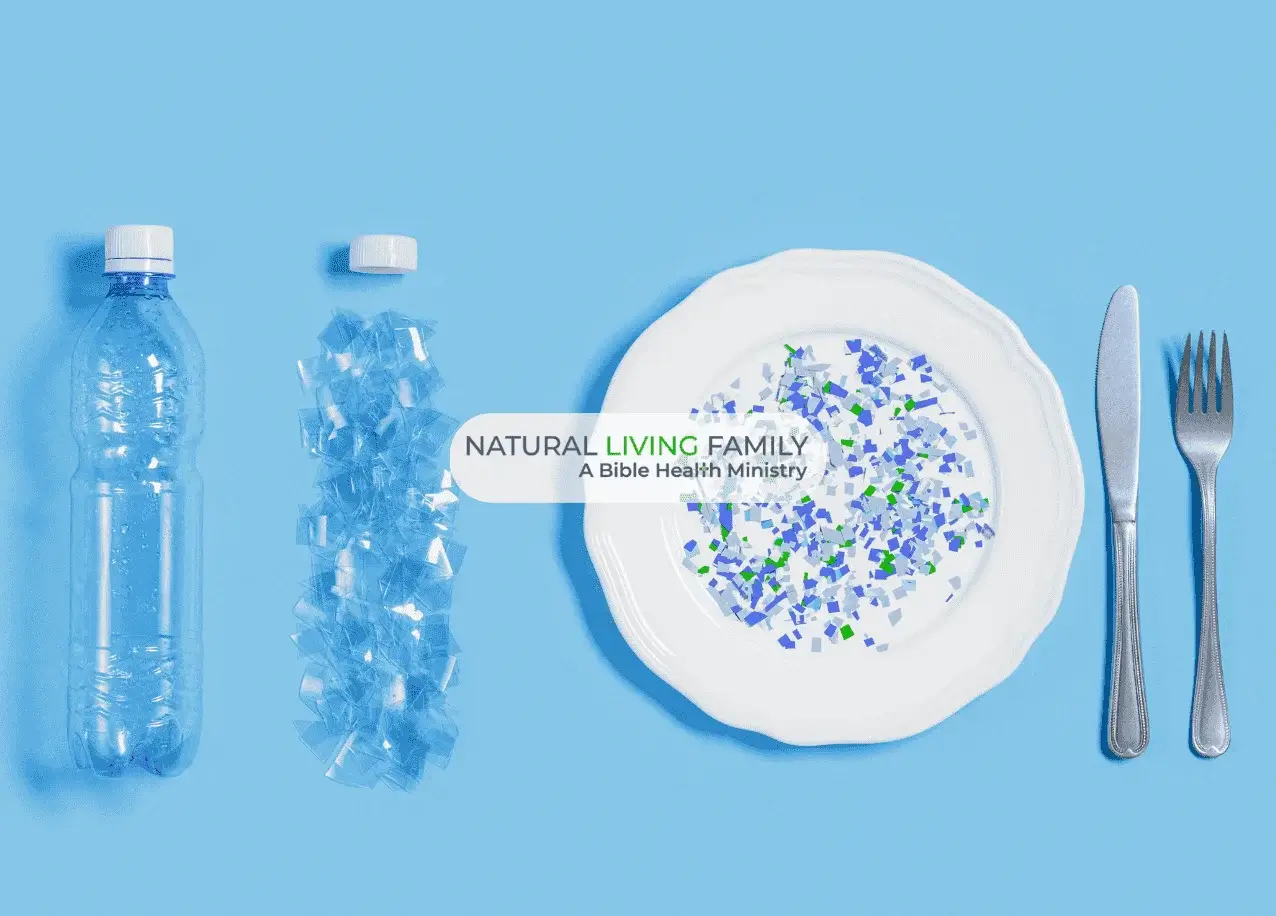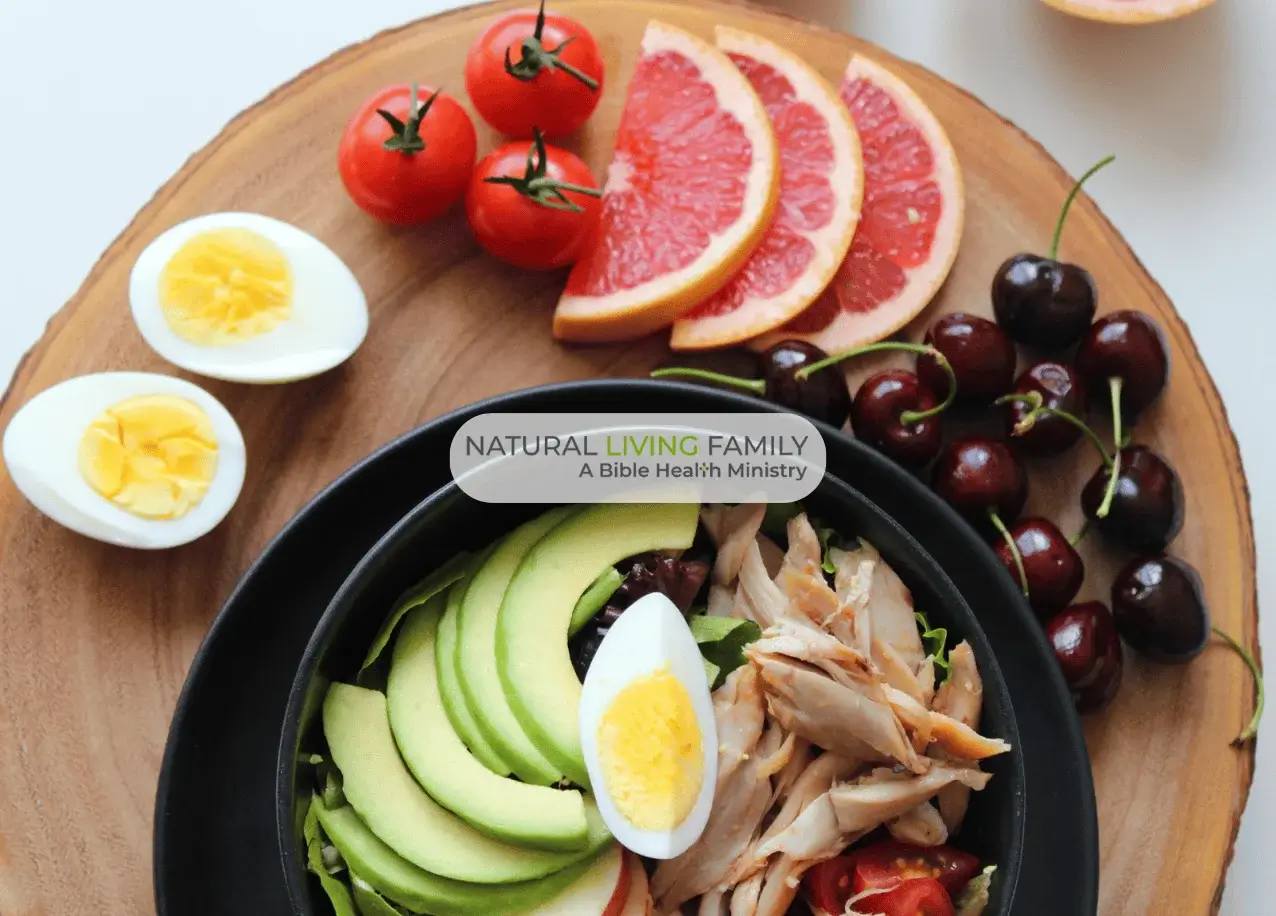There’s a good reason that factory farm raised meat has gotten a bad reputation lately. Any living creature taken out of their God-ordained natural environment is not fit for human consumption and this includes beef, pork, and fish.
It all begins with how the animals are fed. And, the manufacturing processes used to prepare these animals for the grocery store shelves are absolutely terrible, resulting in the following risks of eating farm raised foods! An example of this is seafood.
Table of Contents
Risks of Eating Farm Raised Fish
Farm raised fish are definitely not “health food.” In 2008, Wake Forest University researchers wrote an article that made this crystal clear. According to the researchers analysis, farm raised fish are actually quite unhealthy.
Compared to other fish, two of the most popular fish on the market today, tilapia and catfish, were found to contain the highest amount of Omega-6 and least amount of Omega-3 fatty acids. (1)
As stated by a study published in Biomedicine and Pharmacotherapy, our Omega-3:Omega-6 fatty acid ratio should be 1:1. According to their research:
“Several sources of information suggest that human beings evolved on a diet with a ratio of omega-6 to omega-3 essential fatty acids (EFA) of approximately 1 whereas in Western diets the ratio is 15/1-16.7/1. Western diets are deficient in omega-3 fatty acids, and have excessive amounts of omega-6 fatty acids compared with the diet on which human beings evolved and their genetic patterns were established.”
Because of the unequal matchup of these Omega-3:Omega-6 fatty acids, they have caused a drastic increase in some of today’s major health concerns: (2)
- Autoimmune disease
- Cancer
- Cardiovascular diseases
- Inflammatory diseases
Wake Forest University researchers have stated that this can be explained by the “marked changes in the fishing industry during the past decade have produced widely eaten fish that have fatty acid characteristics that are generally accepted to be inflammatory by the health care community.” (1)
Tilapia and catfish are not the only culprits. ALL farm-raised fish is bad for you, even our beloved Omega-3 rich salmon. Learn more about unhealthy farm raised fish tilapia vs salmon in our health report.
We EAT What They ATE
Because of the feed that is given to the animals, all farmed fish (and all farmed meat) is bad for you. Let’s take a look at the Fish Meal Labels. Most often you’ll find:
- Corn meal
- Feather meal
- Fish meal
- Fish oil
- Gluten meal
- Poultry meal
- Poultry fat
- Rapeseed oil
- Soybean meal
- Whole wheat
This combination of grossly unhealthy foods leads to intentionally fattened farm-raised fish containing 50% more fat than wild varieties and a concentration of Omega-6 fatty acids that is literally off the charts. Plus they also contain genetically modified organisms (GMOs).
According to an expert panel of researchers at the National Academy of Sciences, polychlorinated biphenyl (PCBs) can accumulate in fish tissues, which are then transferred to humans. If this weren’t bad enough, farm raised fish are fed contaminated food that is full of PCBs. (3)
In addition to PCBs and GMOs, farm-raised fish have been shown to contain:
- Cancer Causing Dioxins
- Banned Pesticides Toxaphene & Dieldrin
According to the Environmental Working Group:
“After testing fishmeal and fish oil, a team of U.K. scientists noted that, ‘While diets based on marine fish oils are currently favored by the aquaculture industry, it is likely that these oils are contributing greatly to the contamination of farmed salmon by [persistent organic pollutants].” (4)
It goes without saying that the risks of eating farmed fish overshadow any benefit that you may gain from eating them and we see the same danger in eating farm raised beef, pork, and poultry.
Is All Farm Raised Meat Bad?
Of course all meat isn’t bad but farm raised meat that has harmful chemicals in them are especially worthy of caution. For example, red meat and poultry are filled with several vitamins and minerals that promote well-rounded health benefits: (5, 6)
Keep an eye out for the USDA “organic” label. This will help to ensure that the meat is free of antibiotics and growth hormones, and that they are fed 100% organic feed plus they have access to the outdoors. (7) Look for a trusted meat supplier to avoid farm raised meats!
Farm Raised vs Pasture Raised Eggs
If the chickens producing the eggs have been given nutritious feed, are allowed to roam freely outdoors around the farm, and are healthy, then you’ll benefit from eating their eggs.
But if the chickens are caged and not allowed to graze outside the coop, you’ll end up eating all the poisonous feed that they are fed and you’ll also will be affected by the extreme stress that they experience. (8)
According to Irwin H. Putzkoff, PhD, MD:
“Stress, fear and pain when animals are being slaughtered or waiting to be slaughtered results in several disease processes in the humans which eat the meat. Most notable are cardiac problems, impotency and general fatigue.” (9)
This is why most ancient slaughtering practices were performed in a very humane manner.
Is Vegetarian my Only Option?
There are several answers to this question.
First, everyone is different and, evolutionarily speaking, humans have eaten meat for millennia. However, most couldn’t afford to eat meat regularly so they generally ate foods rich in bioactive compounds such as fruits, veggies, and sprouted whole grains.
There are conflicting data supporting the consumption or abstinence of meat eating. The most logical advise would be to take a common sense approach by avoiding all toxins as much as possible and doing what’s right for YOUR body.
Second, whether for health reasons or because they see animals as sacred, millions of people all across the globe have chosen to abstain from animal products to a varying degree. For many vegetarians and vegans, their eating habits are a way of life.
Third, although we’ll never really know the reason behind everyone’s decision, we can get an insight into their diet restrictions by seeing how they identify themselves. The terms “vegetarian” and “vegan” mean different things to different people.
Oftentimes, people on the road to vegetarianism and veganism take this pathway:
- Flexitarians/Semi-Vegetarians – Flexitarians are those who “mostly” eat a vegetarian diet, but will sometimes eat a little bit of meat. People under this category, generally chosen for health reasons, are trying to find a balanced approach to nutrition and try to limit their animal product intake and focus on fruits, veggies and whole grains.
- Pescatarians – When people have limited their meat consumption and are on the road to vegetarianism and veganism, they tend to take it one step further and refrain from eating beef or chicken, but still eat fish. Usually, those who choose this option do so for health reasons and believe that fish is the healthier option over red meat or poultry.
- Lacto/Ovo-Vegetarians – The next step is when someone identifies themselves as vegetarians who refrain from all animal products, except for dairy and eggs. Basically, they eat foods that don’t require anything to be slaughtered. Lacto-vegetarians do not eat eggs, but eat dairy. Ovo-vegetarians do not eat dairy, but will consume eggs. These people are taking a big step toward choosing vegetarianism as a way of life.
- Vegans – One of the strictest varieties of vegetarians, vegans will not consume anything animal-derived. This, of course, includes all meat, dairy, and eggs. The term is used loosely, however, and some purists will refrain from even using wool and honey because of the potential threat that a living being could be harmed in the harvesting or manufacturing process.
- Raw Vegans – An even stricter variety of veganism, raw vegans will not eat anything heated above 115 degrees Fahrenheit.
There are some options for each person to choose from depending on what is healthiest for them personally. The most important thing is to avoid farm raised meats that carry contaminants and harmful ingredients.
References:
- https://www.ncbi.nlm.nih.gov/pubmed/18589026
- https://www.ncbi.nlm.nih.gov/pubmed/12442909
- http://www.ewg.org/research/pcbs-farmed-salmon
- http://www.ewg.org/research/pcbs-farmed-salmon/wild-versus-farmed
- http://nutritiondata.self.com/facts/beef-products/6193/2
- http://nutritiondata.self.com/facts/poultry-products/700/2
- https://www.ams.usda.gov/grades-standards/organic-standards
- https://www.ncbi.nlm.nih.gov/pubmed/22443909
- https://www.huffingtonpost.co.uk/julia-de-cadenet-/world-health-day-2015-how_b_7017940.html











